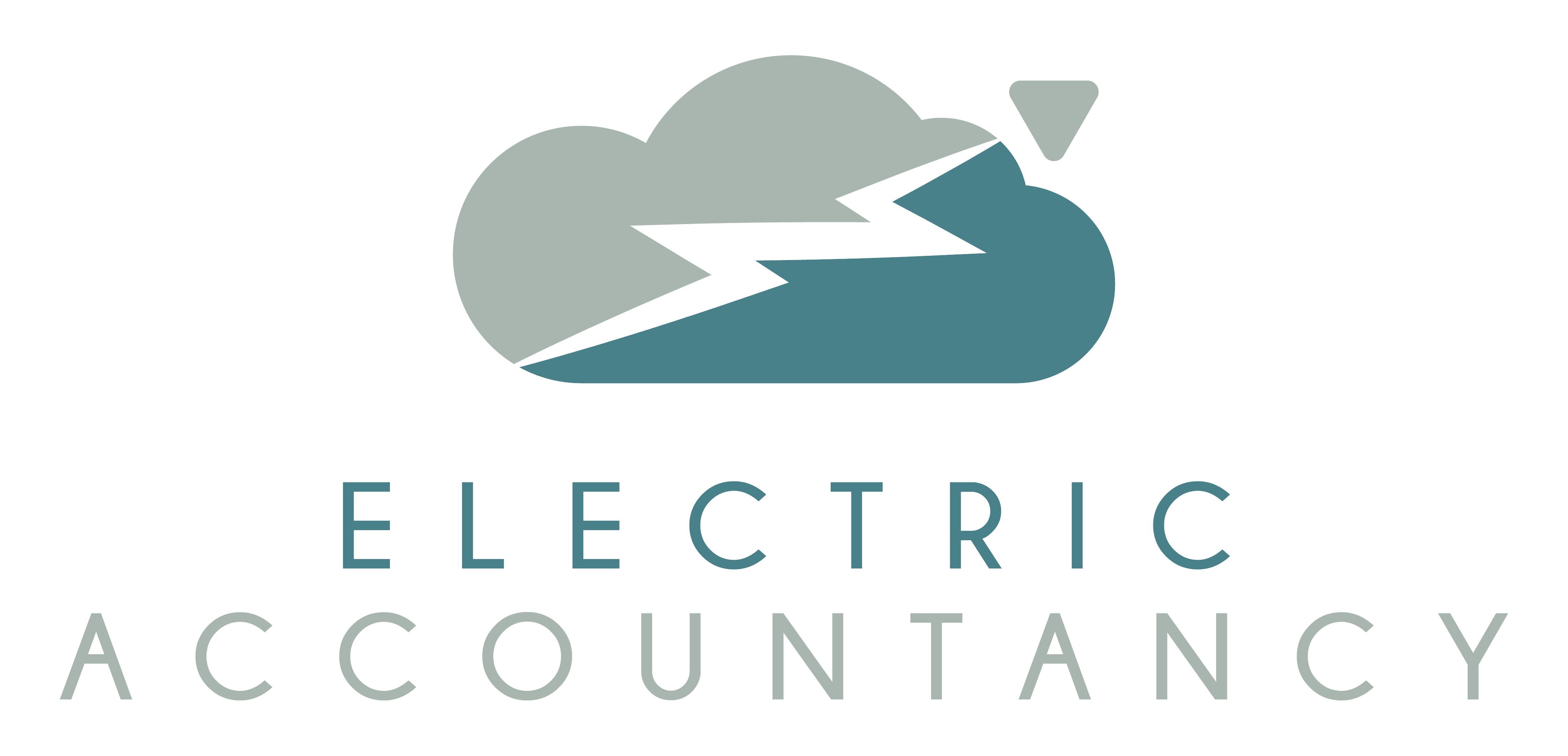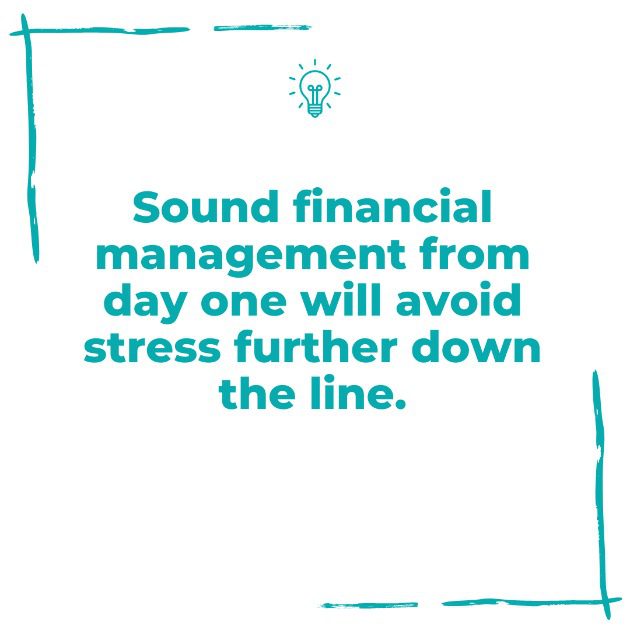Good financial health is crucial for business success, and this starts with careful financial management.
However, many business owners delay the job of dealing with their finances – sometimes this is because the whole task of managing the finances is overwhelming; sometimes it’s because there simply are not enough hours in the day. As understandable as this is, it does not set a business in good stead for the future.
Good financial management always pays off so it’s much better to make time and take charge without delay. These 5 useful tips can help you.
Tip #1. Get to Grips with Financial Statements
Effective money management starts with your financial statements. These are written records of your business performance and financial activity. Maintaining awareness of your business’ financial status helps you to make smart decisions and identify potential problems ahead of time.
Here are the most important financial statements you need to know about:
-
Cash flow statements show how much cash is coming in and out of your company. These reports help you to understand your cash position and identify any issues that need to be addressed.
-
Balance sheets detail your assets, liabilities and equity. They are an assessment of your net worth.
-
An income statement is a complete picture of your business’ income and expenditure, and shows whether you’re making a profit or a loss.
Tip #2. Get Cloud-Based Accounting Software
We live in the Digital Age, so use this to your advantage and harness the power of technology to streamline your business practices. A cloud-based accounting solution will give you easy access to your accounts and up-to-the-minute financial information 24/7 from any device.
Checking your financial performance regularly will help you to keep your business on the right track, identify problems in advance and make informed decisions as you grow your business. You can also compare your performance year-on-year, and against industry averages and use that information in your planning process.
Cloud-based software is a cost-effective solution that can save many hours of work, allow you to manage your finances remotely and help to ensure the accuracy of your data.
Tip #3. Create a Tax Plan
Understanding taxes is vital for the financial health of your business. Legally, your taxes must be submitted on time so setting the money aside as you go along makes good financial sense.
If your business is incorporated you need to save for Corporation Tax. If you’re keeping the accounts up to date, you will have a rough idea of what you need to put away each month, ready to pay HMRC nine months after the year-end. Corporation Tax is currently a flat rate of 19% of taxable profits – so for a simple business, setting aside 19% is a good rule of thumb.
If you’re self-employed you should be saving for self-employment taxes which are a bit more complicated because there are different tax rates for different income levels. Most self-employed people also need to make tax payments on account (i.e. in advance) on 31 January and 31 July, Although this sounds complicated, a simple rule of thumb is to save ⅓ of your profits as you go along.
With careful planning you can decrease your tax bill by making good use of allowances and legitimate tax-saving schemes. It’s worth considering hiring an accountant who can help you with this as you may find that the savings more than compensate for the cost.
Tip #4. Prepare your Tax Return Early
Get your tax return prepared as early as you can, so you understand your actual financial and tax position early. This way, you’ll have an accurate tax figure long before you need to pay the tax, which will give you more time to top up any shortfall or to plan how you will invest or spend any surplus.
It may sound obvious but it’s amazing how many businesses wait until the last minute to prepare their Corporation or Self-Assessment tax returns.
Tip #5. Keep a Separate Business Account
Have a separate personal and business bank account. Mixing your personal and business finances makes you more likely to create inaccurate cash flow projections or miscalculate your profits. This can then result in overspending or a skewed view of your growth. These mistakes compound over time.
Opening a business account will help you to keep your finances transparent and save a lot of time and stress later on. It’s also worth looking into a business savings account so you can put aside the money to pay your tax bill.
Summary
Adopting good financial habits early can help your business to thrive. Whilst it may be tempting to cut corners or just focus on short-term issues, it’s really important to look at the bigger picture to ensure the long-term financial health of your business.

